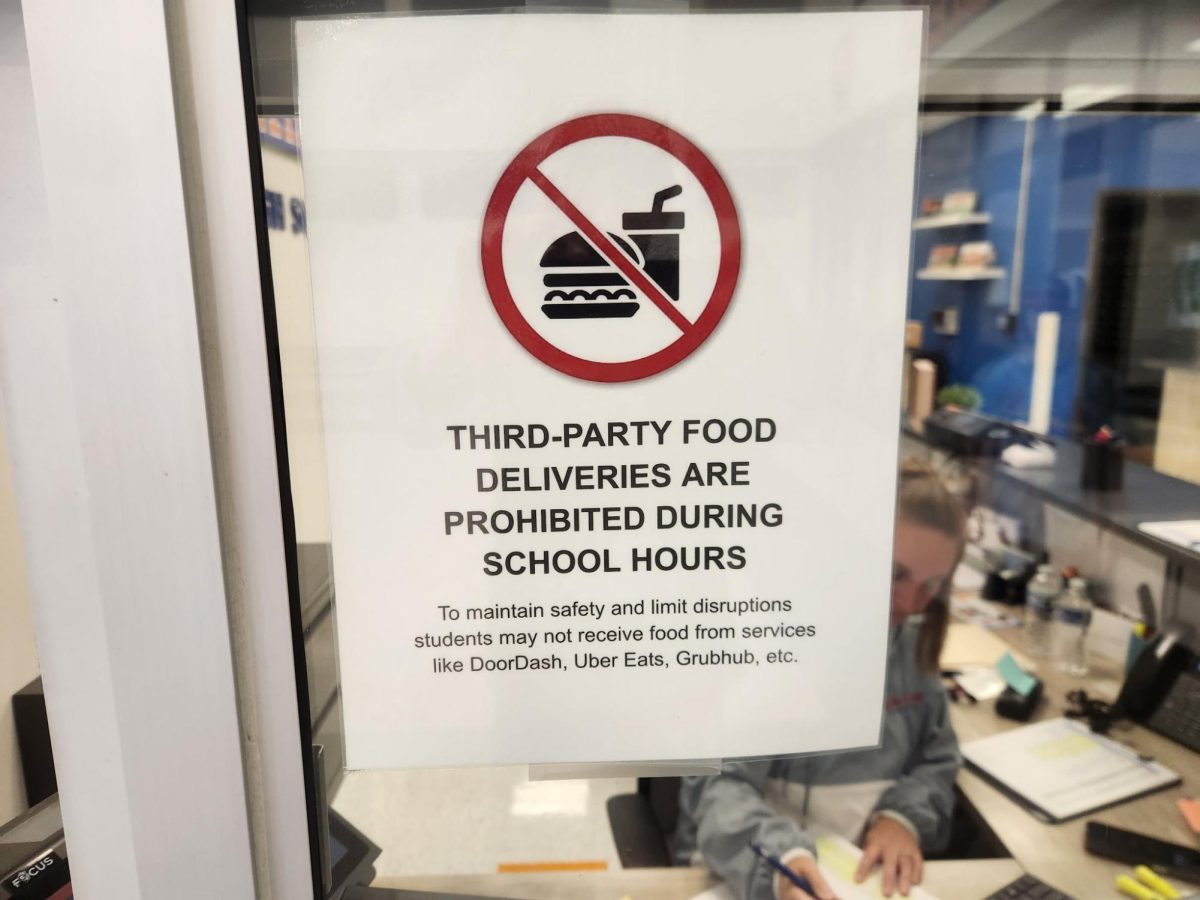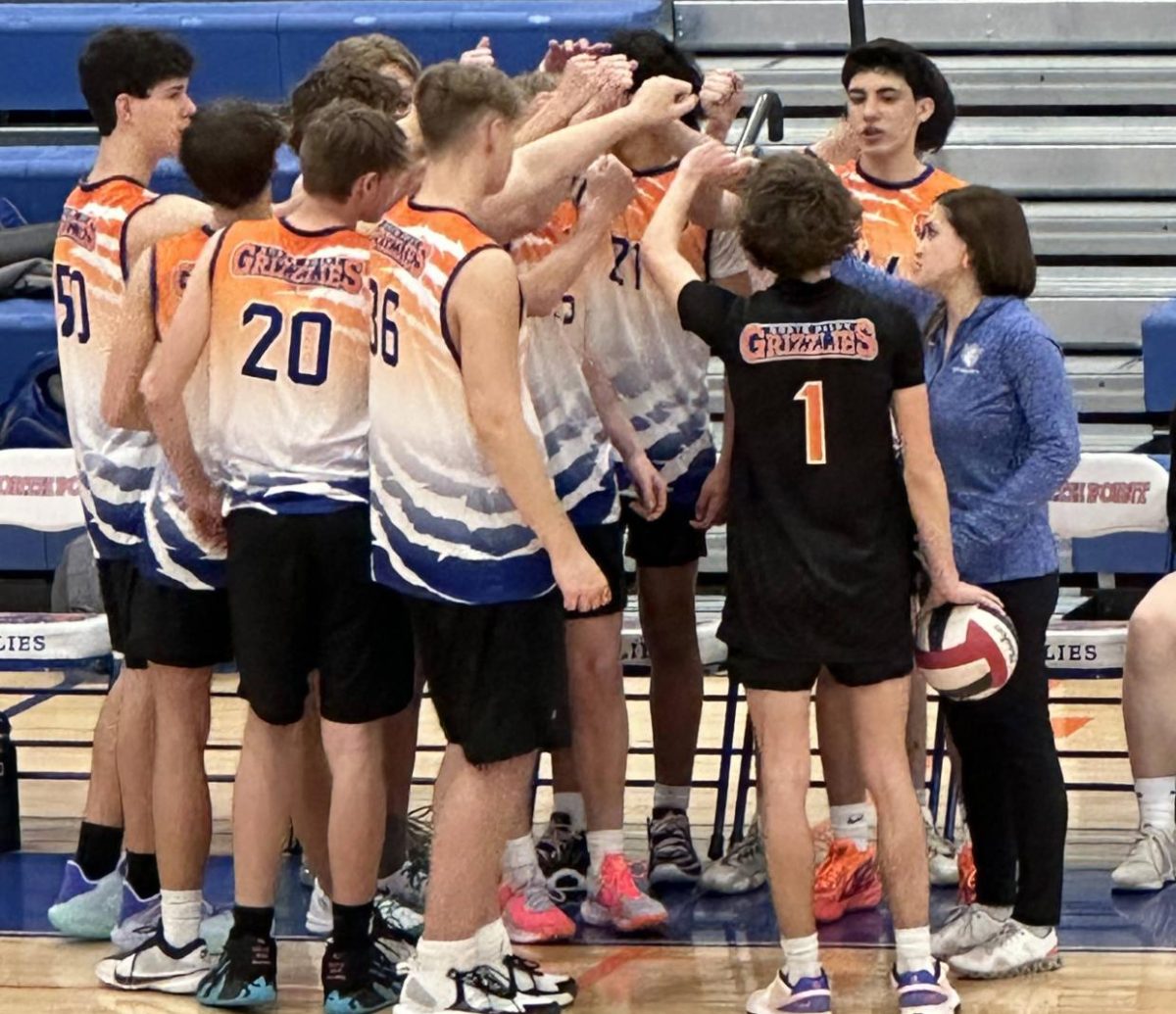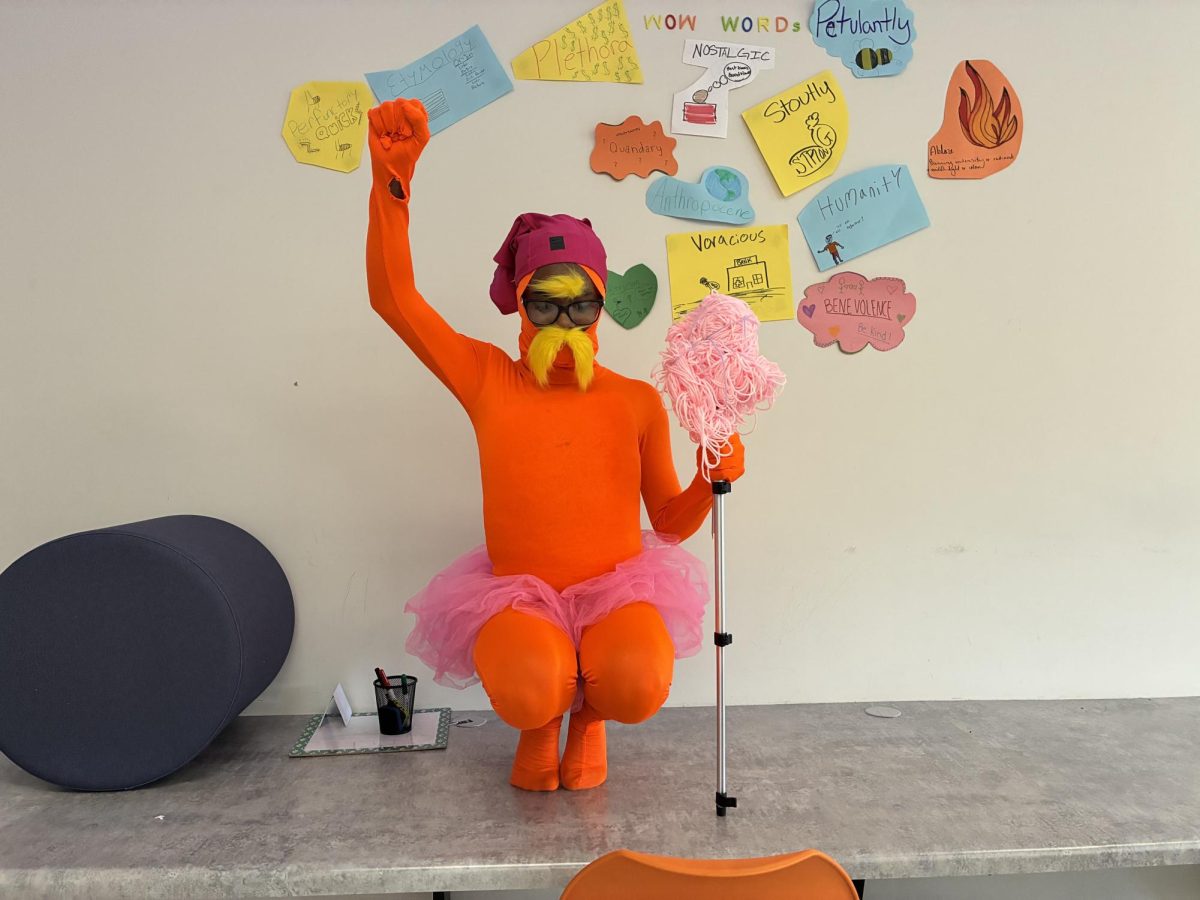Why Children Shouldn’t Have Free Range On the Internet
Almost 95% of children in America have aces to the internet.
December 14, 2022
According to ABC News, in April of 2019, 16 child predators were caught and charged with second-degree luring and attempted sexual assault on a minor, along with third-degree debauching morals of a child in the state of New Jersey. In real life, these predators were teachers, doctors, and police officers. But online they were anywhere from 9 to 15 years old using platforms such as video games marketed towards young children and a variety of private messaging apps.
“In the past child predators used to stalk children at playgrounds, at school yards, at shopping malls. Now they lurk on social media,” Grewal said at a news conference announcing the charges.
That was only in 2019, technology has advanced incredibly fast over the past 3 years. Now more than ever children have access to the internet. And with that can come a series of serious mental and physical dangers.
It is highly likely for children who have been victimized by online grooming to later experience anxiety, depression, post-traumatic stress, and suicidal thoughts. It doesn’t stop there, more than you think children are sexually abused, exploited, and trafficked by a predator they met online.
In the case of the Sexual Exploitation of Children Over the Internet During nine days of public hearings, the Subcommittee discovered that the sexual exploitation of children online has reached its crisis point. Estimates indicate that there are almost 50,000 child predators on the internet at all times. These predators are creating, distributing, and watching child pornography.
With at least 50,000 predators online only 19% ever get caught, and when they do they are caught with sexual abuse images of children who are at least 12 years old or younger. The industry of trafficking and abusing children has generated billions of revenue.
But the horrifying images these predators look at are never enough. Predators will go on children’s games such as Minecraft, and Fortnite. Or message them on apps like Snapchat, Instagram, and Tiktok. There are also popular private video chat websites such as Omegle which aren’t marketed towards children by the company but most likely the child will stumble across a video on Youtube of their favorite influencer going onto the website and will decide to try that website out for themselves.
There are hundreds of apps marketed towards children that predators lurk on. The best thing we can do for our kids or younger siblings is to educate them on the dangers and what to look for when online. Creating blocks and restrictions on a child’s device is the best thing you can do to provide a safe internet experience.






























